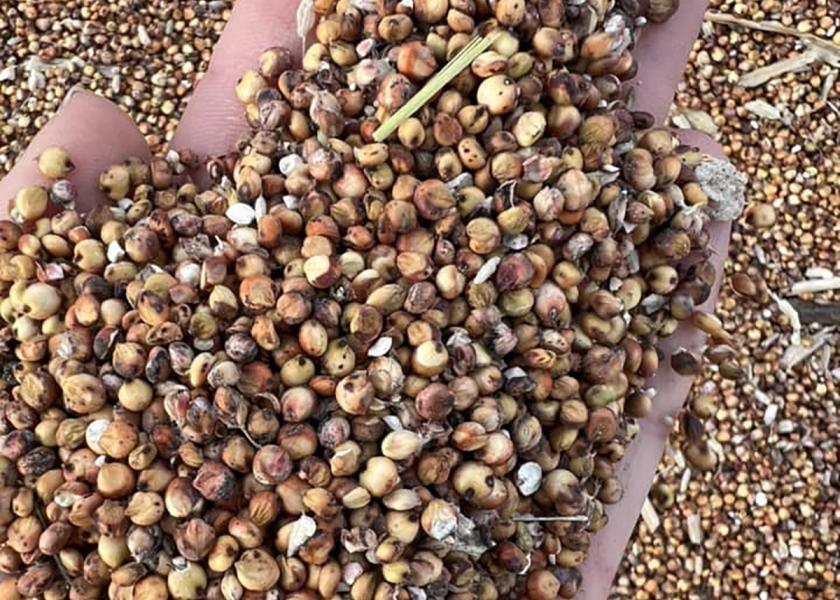Hemp Seed Livestock Meal Receives Green Lights On Way to Federal Approval

After years of work and regulatory paperwork, the The Hemp Feed Coalition announces Hemp Seed Meal for laying hens has been recommended by FDA-Center for Veterinary Medicine and voted by AAFCO into their Ingredient Definition Committee for the final step in the approval pathway.
The definition allows hemp seed meal up to 20% into feed mixes for laying hens. This marks the first hemp feed ingredient to get federal recommendation and uptake by AAFCO.
Wendy Mosher, CEO at New West Genetics and vice president of Hemp Feed Coalition, says this is something that has been in the works for at least four years.
“There’s a lengthy process for any new crop to get ingredient approval, but it’s worth it, you can’t have commodity crop without a feed opportunity for that crop,” Mosher says. “Federal approval gives us a leg up into adoption and scale.”
Mosher says before deregulation in 2014, hemp acres were zero, then by 2020, climbed to a peak of around 400,000 acres. Today, total U.S. hemp acres are reported around 55,000.
“I think this is a positive thing—it shows with the right incentives crops can be expanded rapidly, and that those participants with long term vision are still here, and are building the markets in a sustainable fashion. Hemp is a great opportunity for the crop rotation as well as soil health” Mosher says. “Hempseed meal as a feed ingredient contributes to the risk mitigation of planting the crop—it’s another place for the crop to go.”
As a feed ingredient, the coalition cites hemp grain providing essential vitamins, minerals, healthy oils, and a complete protein profile. For egg production, this can lead to a value-added product with higher omega 3 content. It has been verified that any potential cannabinoid contaminants do not transfer into the egg product.
With the regulatory obstacles starting to be removed, Mosher is optimistic about the educational opportunities for the market to increase in size.
“Hemp can serve the same basic protein and oil markets that currently use soybeans or canola,” she says. “Feed manufacturers are seeing success, including Wenger Feeds in Pennsylvania who make hemp feed for Kreider Farms’ eggs. In the next year we hope to get some additional adoption by some larger players.”
Mosher highlights her company, New West Genetics, has been developing improved hemp varieties to double grain yield.
“We’ve got momentum in hemp as we are providing high yielding and adapted genetics for hemp production in the U.S., and the industry is also near the finish line on this feed approval,” she says. “It’s a moment we’ve been waiting on for 10 years. In the not so distant future, we hope to see hemp on the million acre scale.”







